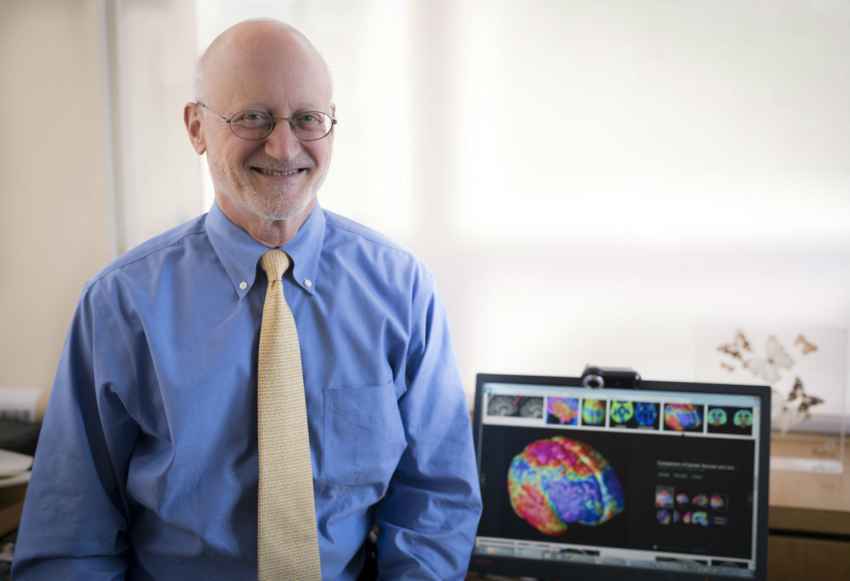Feinstein Institutes for Medical Research scientists receive $7.3 million NIMH grant to support research to improve treatment for schizophrenia

Schizophrenia is a chronic and severe brain disorder that interferes with a person’s ability to think clearly, manage emotions, make decisions and relate to others. Although it affects barely 1% of the population, it is one of the most disabling diseases affecting humankind. Approximately 2.6 million adults in the United States aged 18 or older, according to a report from Treatment Advocacy Center. An estimated 40 percent of individuals with the condition are untreated in any given year.
The Feinstein Institutes for Medical Research is at the forefront of finding cure for this chronic disease. The research center is the research arm of Northwell Health, the largest health care provider and private employer in New York. Home to 50 research labs, 2,500 clinical research studies and 4,000 researchers and staff, the Feinstein Institutes is raising the standard of medical innovation through its five institutes of behavioral science, bioelectronic medicine, cancer, health innovations and outcomes, and molecular medicine
Today, Feinstein Institutes for Medical Research announced it has been awarded a five-year, $7.3 million National Institutes of Mental Health (NIMH) grant to support their research in improved schizophrenia treatment. The grant – the largest awarded to Northwell Health in 2019 – supports a study led by John M. Kane, MD, and Delbert G. Robinson, MD, titled “Early-phase Schizophrenia: Practice-based Research to Improve Treatment Outcomes (ESPRITO).”
Schizophrenia is a complex, chronic and severe mental disorder defined by disturbances in thought processes, perceptions, emotional responses and social interactions. With more than 30 years of experience, Dr. Kane is an international leader in the field of schizophrenia research and at the forefront of bringing the next generation of medicines to patients. He received $25 million from the National Institutes of Health (NIH) in 2009 for the Recovery After an Initial Schizophrenia Episode (RAISE) program, during which he, Dr. Robinson and their team developed the NAVIGATE model of coordinated specialty care (CSC) for first-episode psychosis (FEP) patients.
“We are excited to build off of our previous work to develop improved and more uniform services for early-intervention in schizophrenia,” said Dr. Kane, director of the Institute of Behavioral Science at the Feinstein Institutes, professor and chairman of psychiatry at the Donald and Barbara Zucker School of Medicine and senior vice president for Behavioral Health Services at Northwell Health.
“With this new clinical research, we aim to improve treatment strategies and medication adherence and help patients continue to receive the care they need to get back to their everyday lives,” said Dr. Robinson, associate professor at the Feinstein Institutes.
Through the ESPRITO program, 11 clinics in four states will provide the NAVIGATE model of coordinated specialty care. The application of standard measurement and data collection will help facilitate improved treatment quality, consistency and response. Researchers aim to address obstacles in early-phase intervention with the ultimate goal of reducing hospitalizations, preventing patients from discontinuing their treatment regimen and improving overall outcomes.
“NIH support of early-phase schizophrenia research is in the national interest,” said Kevin J. Tracey, MD, president and CEO of the Feinstein Institutes. “Drs. Kane and Robinson’s research offers hope for patients to achieve a better quality of life.”




